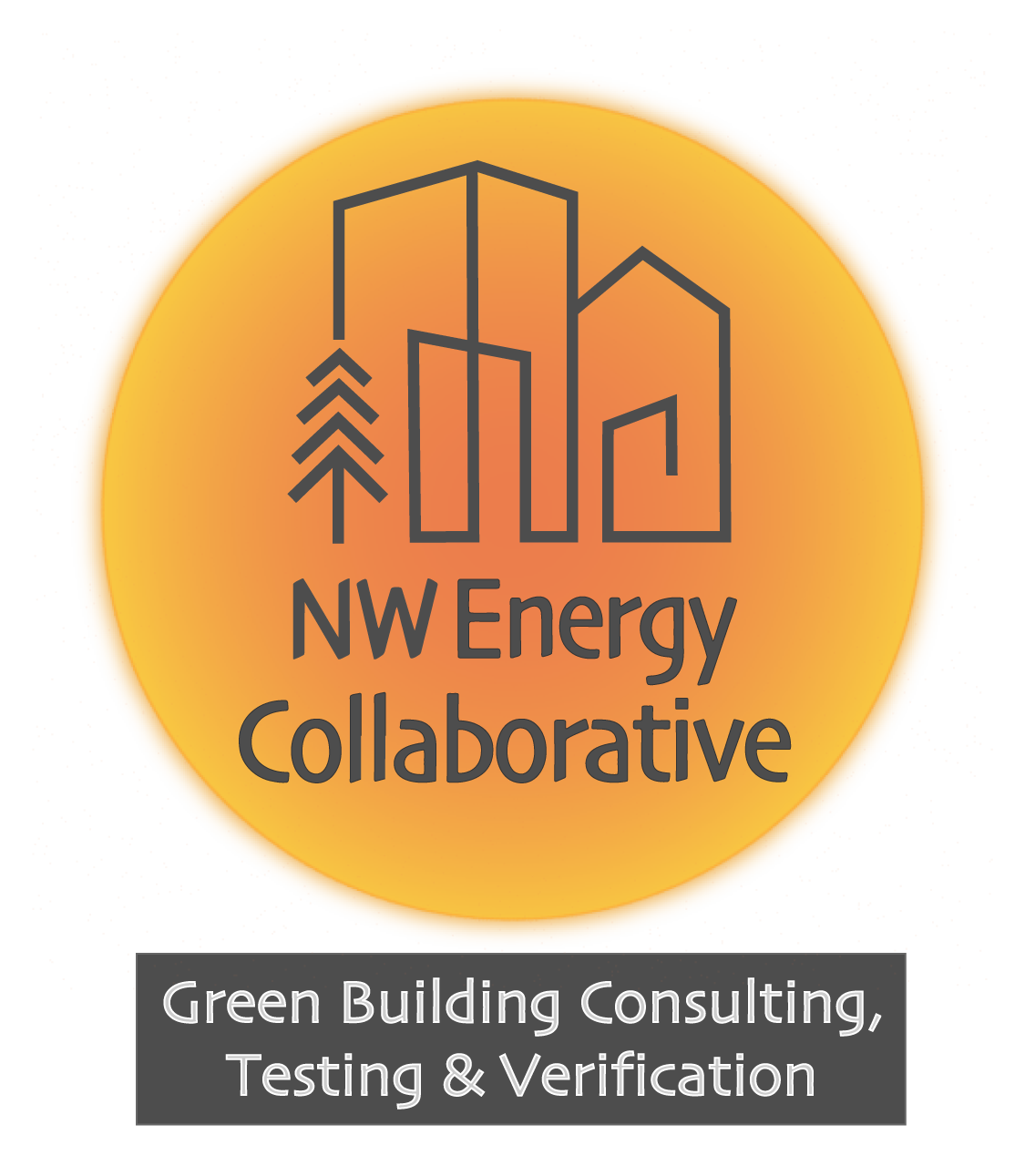Before you install solar panels on your home, consider these 5 tips
Many homeowners have different motivations when considering installing solar panels in their homes. Some folks want to save on their monthly energy costs, others are passionate about independence from the power company. In some cases, homeowners install battery storage-enabled systems. Whether you want to pursue an off-grid situation, reduce energy consumption, or take advantage of selected EV/TOU rate plans, residential solar allows homeowners to pursue and achieve many energy-saving and finance goals. If you are one of the millions of homeowners now considering installing a solar system on your home, consider the following 5 tips:
1) Consider an Energy Audit first
Most homes have a ton of opportunities to improve energy efficiency and comfort and prior to installing a solar system. Homeowners should consider contracting an energy professional to identify areas of improvement auditor to complete before installing. Reducing the overall energy consumption of a home and improving the energy efficiency of the existing building systems will also reduce the overall sizing of the solar system. All of the building systems work together.
2) Check existing electrical systems
Your existing electrical system needs to be compatible with the proposed solar system. Older homes tend to have very old, and lower amperage-rated main service panels and busbars. These older residential electrical systems are not compatible because they will handle the continuous back-fed current from the solar system, which can be a fire hazard. If a solar system is in your sights, and your home has a very old electrical system, consider getting a professional electrician or certified solar professional to provide a quote for the electrical upgrade.
3) Solar only, Battery ready, or Battery enabled
When considering purchasing a residential solar system it is important to think of your future needs along with your current short-term goals. Those that are not interested in energy storage typically install solar systems that are more economical, but they often are not expandable to include battery storage. If in the future, a homeowner wants to expand their solar with battery storage, they should consider a battery-ready system. Many homeowners love the idea of solar panels with battery storage, but the initial price tag may be out of their budget. A battery-ready system allows for the future addition of battery storage while reducing the initial price tag.
4) NABCEP certified installers
Just like all skilled construction trades, not all solar installation contractors are the same. When acquiring quotes for your solar system, be sure to select NABCEP certified installation companies and salespeople. The National Association of Certified Energy Practitioners is the certifying body of the solar industry, and its certification program is the trade standard for installers around the country. A NABCEP solar installation professional has been trained with 40 hours of classroom training and 58 hours of hands-on installation experience, along with passing a final examination.
5) Tax credits and rebates available in your market
As a part of the research process, homeowners should be aware of the residential solar and battery storage options available to reduce the overall sticker price of the solar system. Many states have tax rebate programs and cash incentive funds that are given to the owner after the solar installation is complete. The federal government also has a solar tax credit available that is worth 22% of the contract price of the solar system through the end of 2022.
